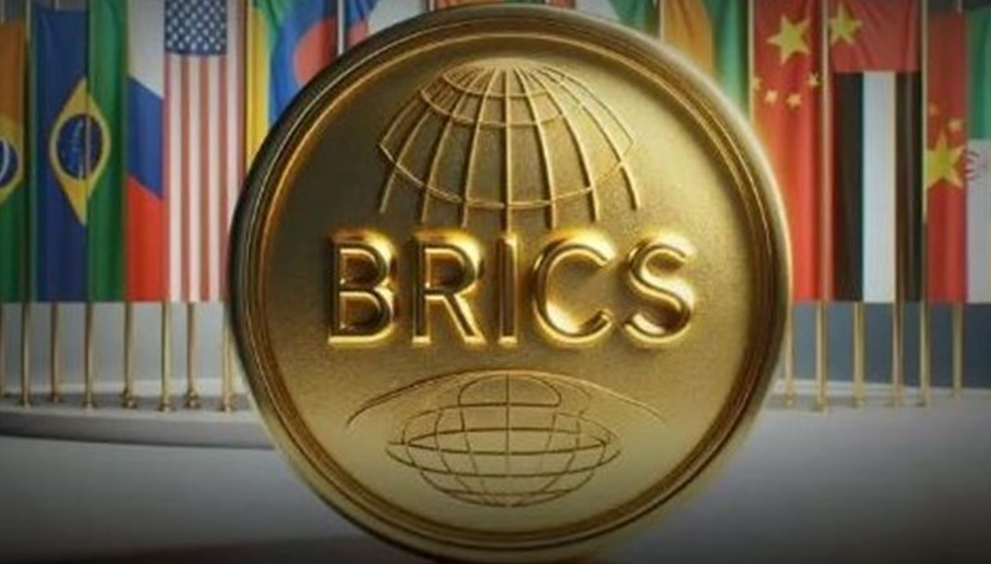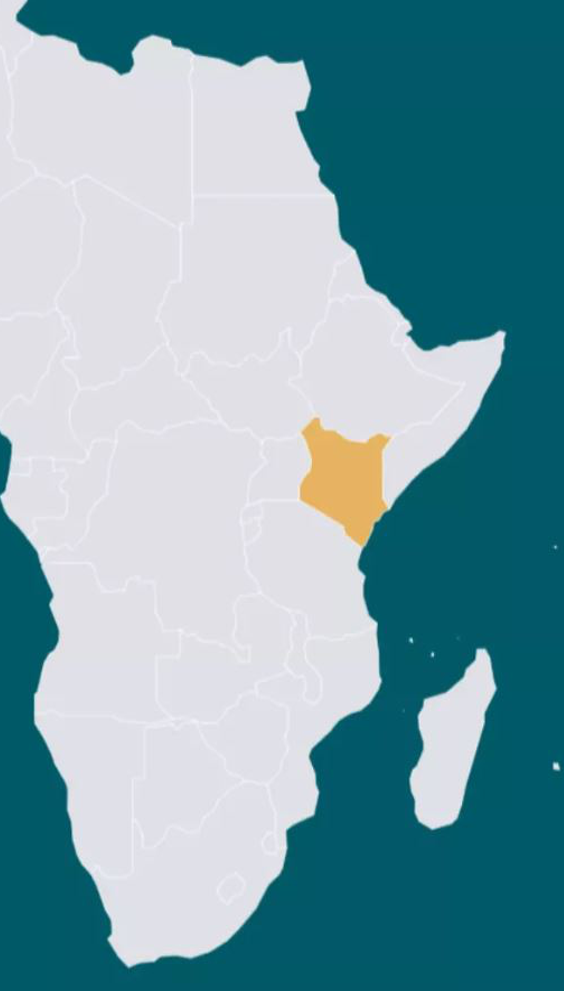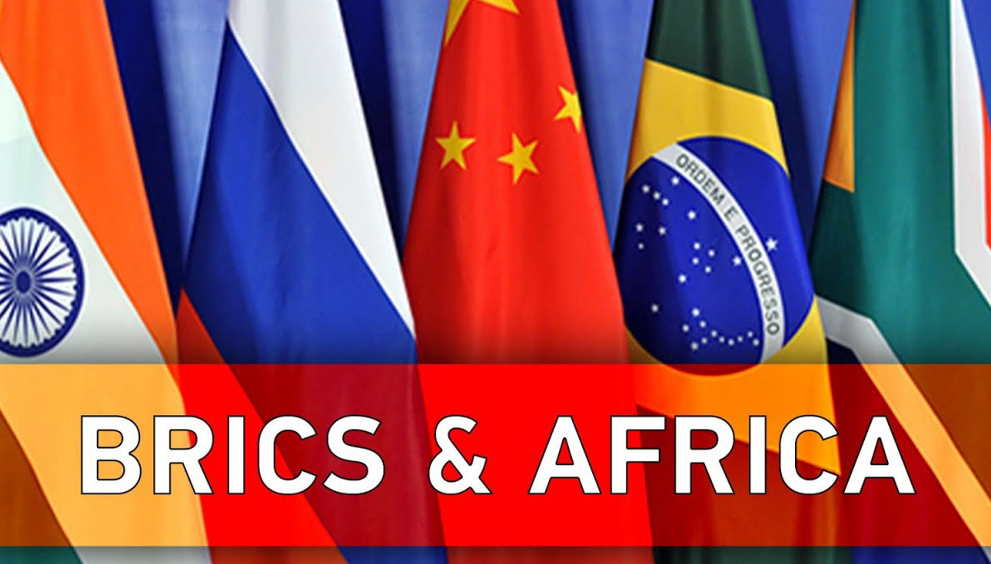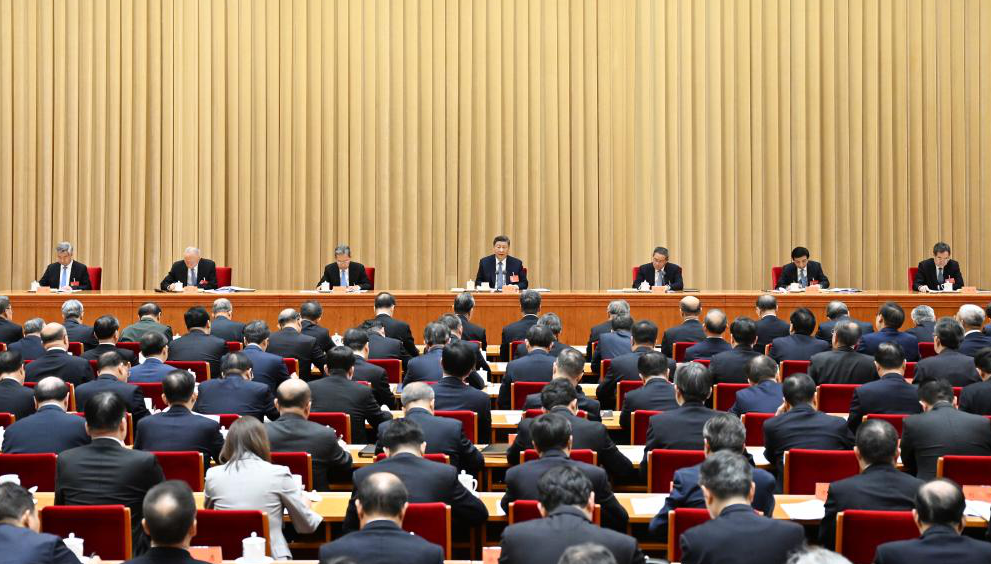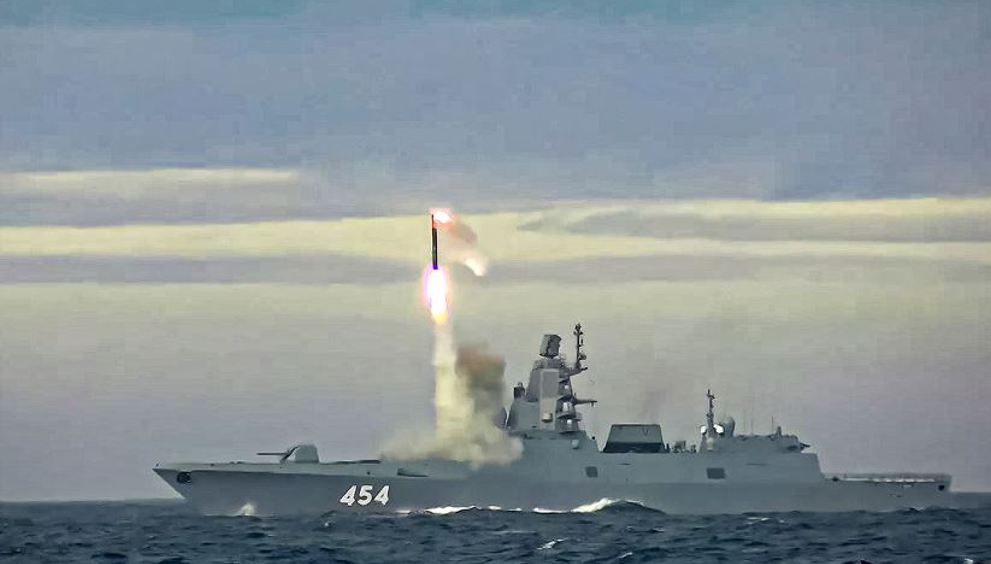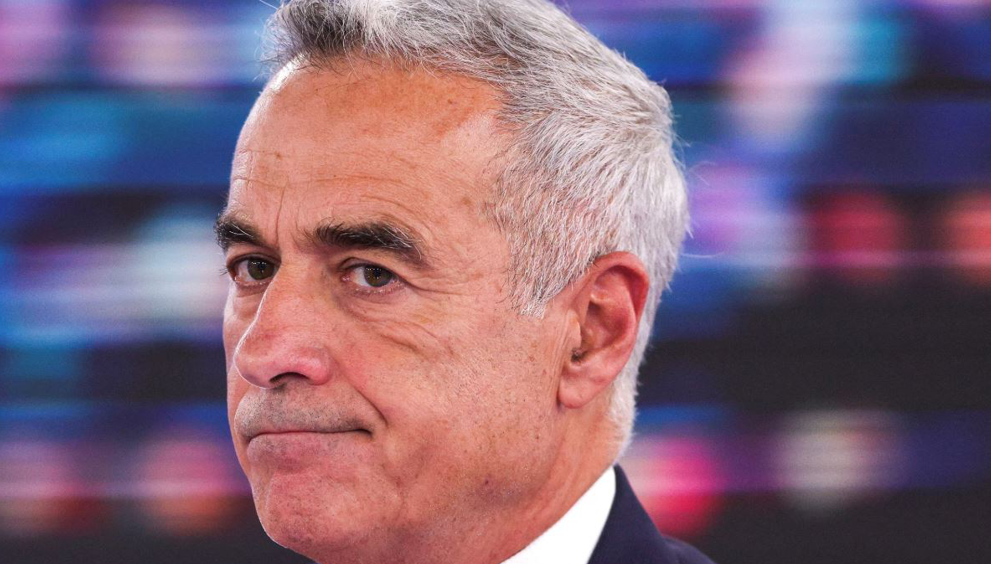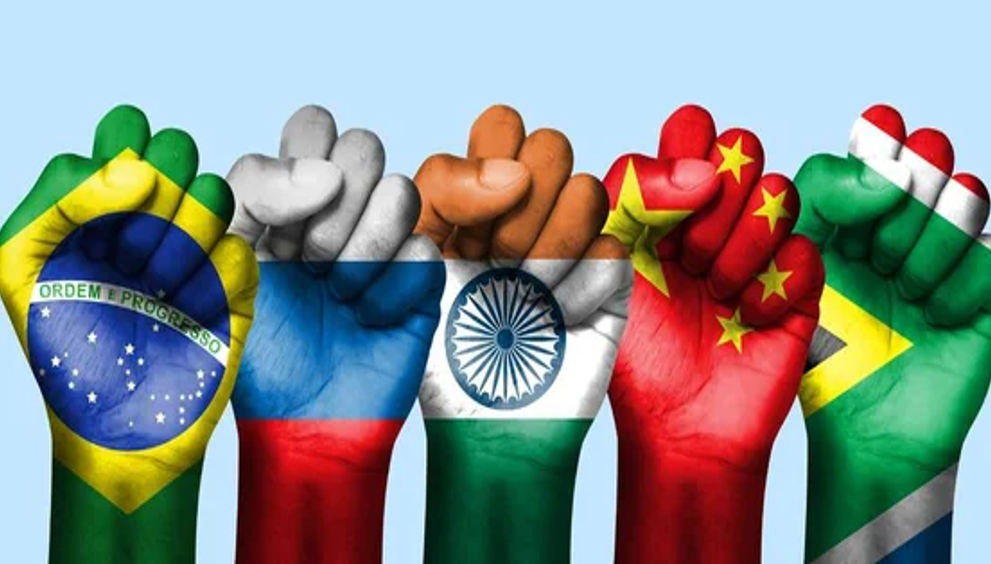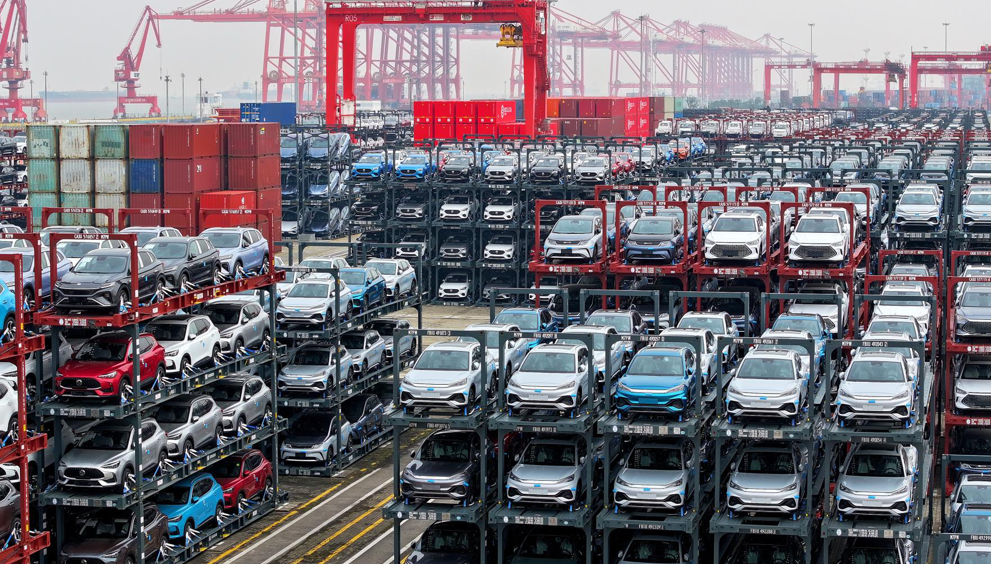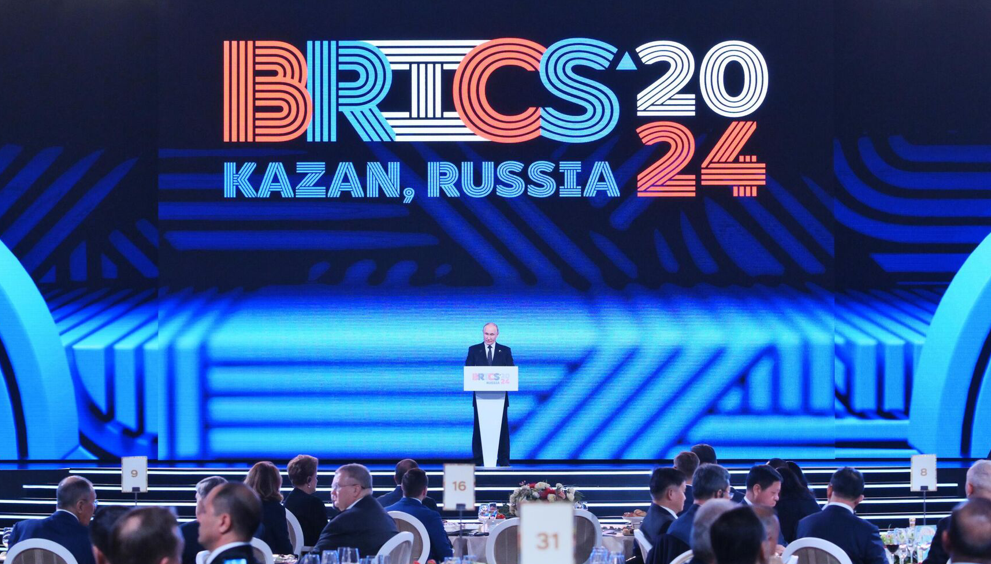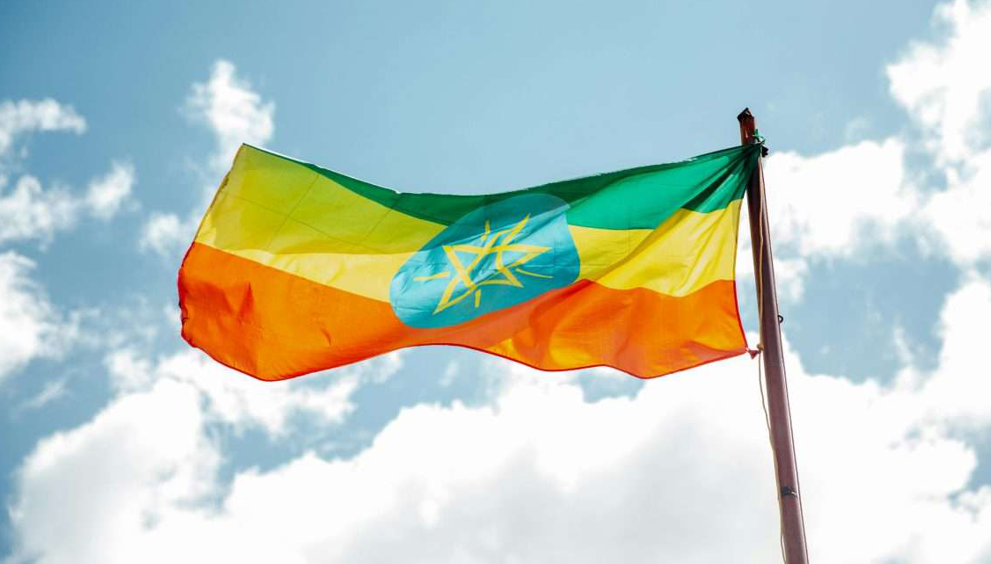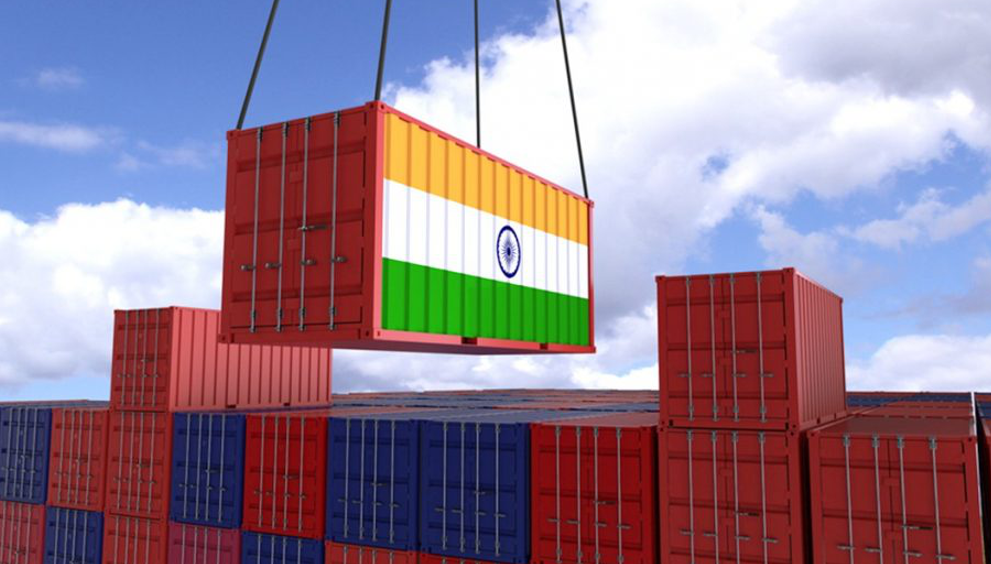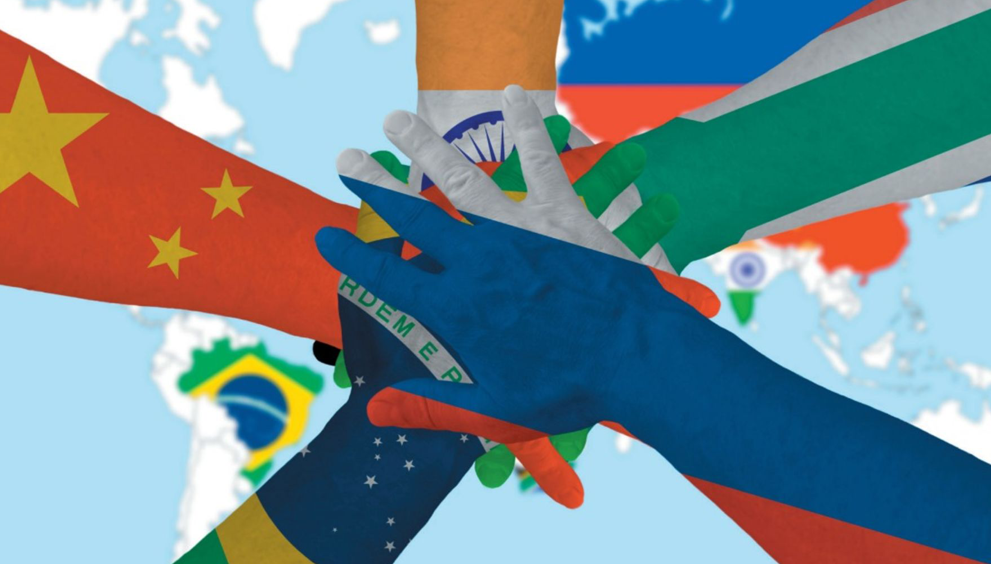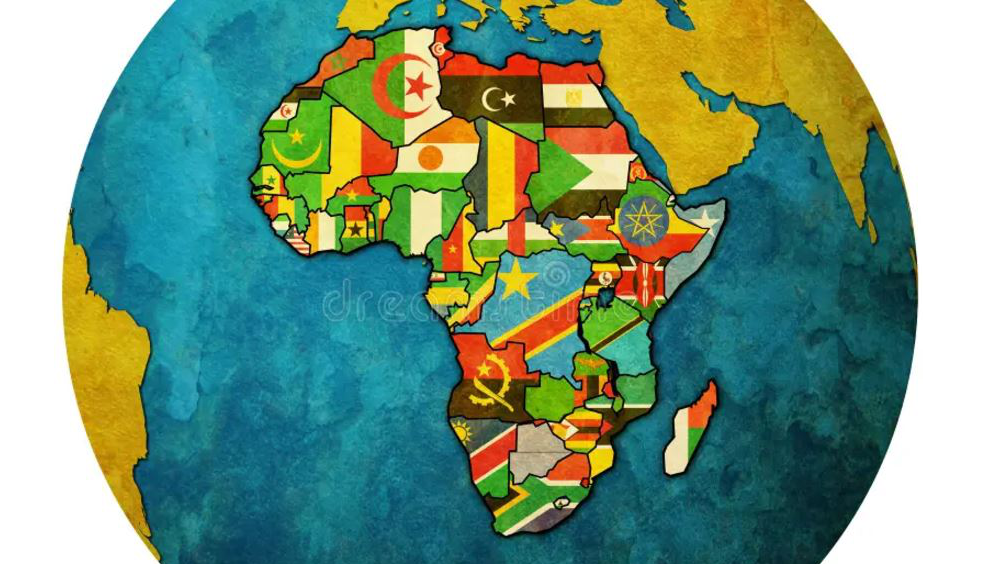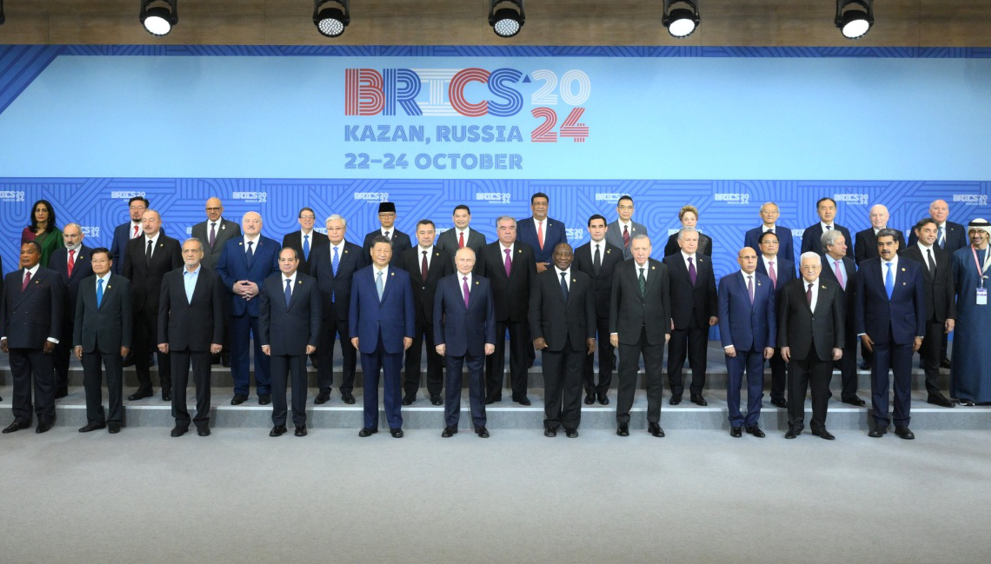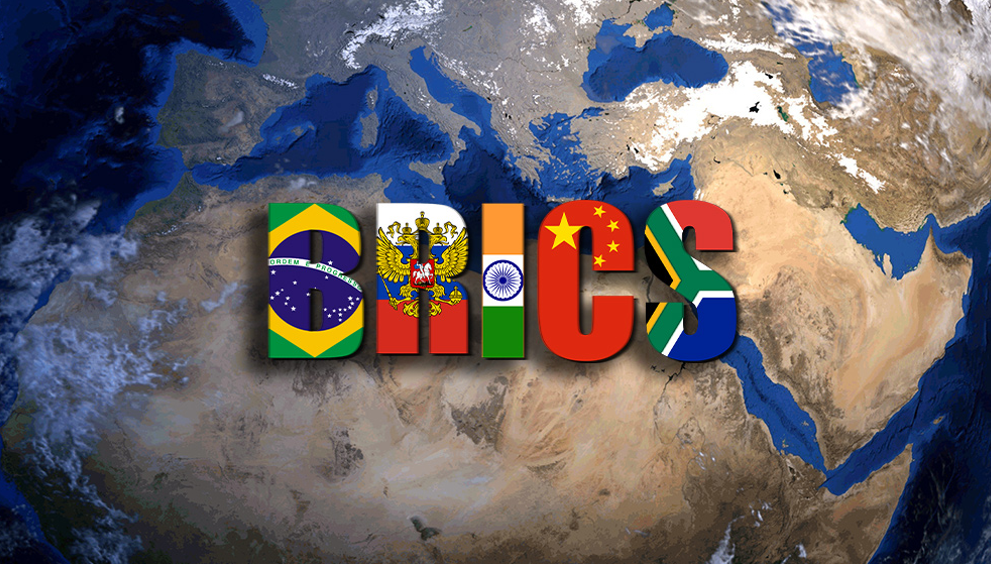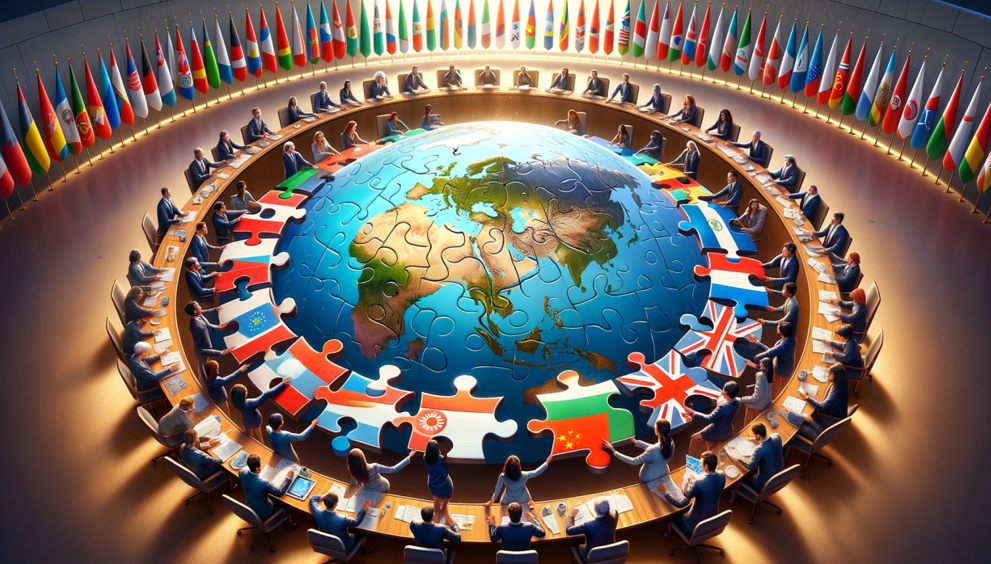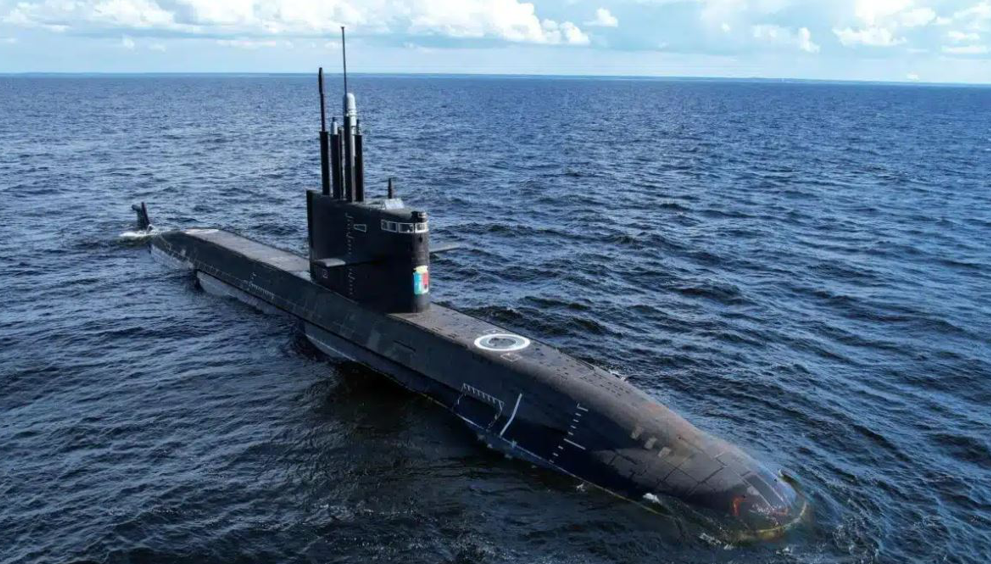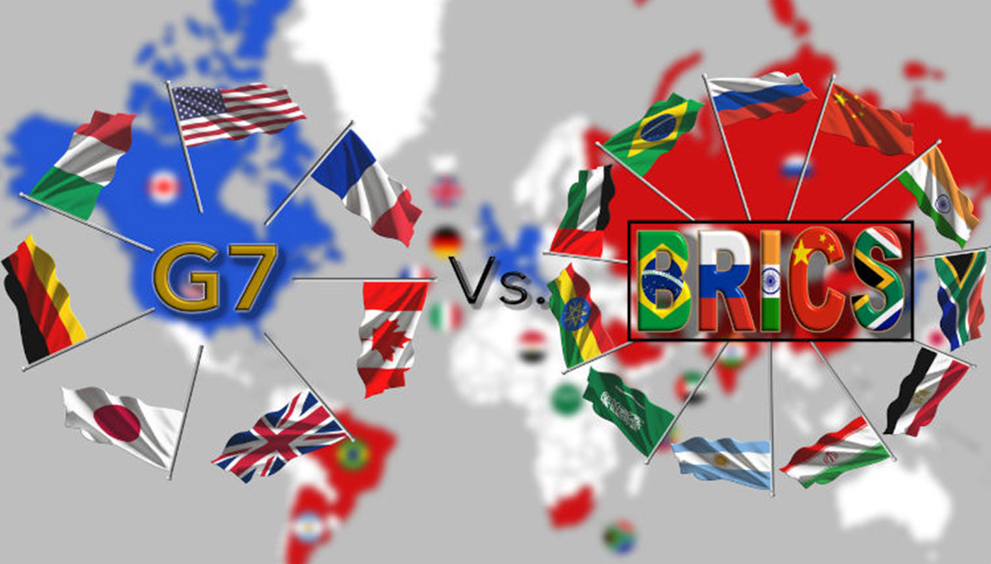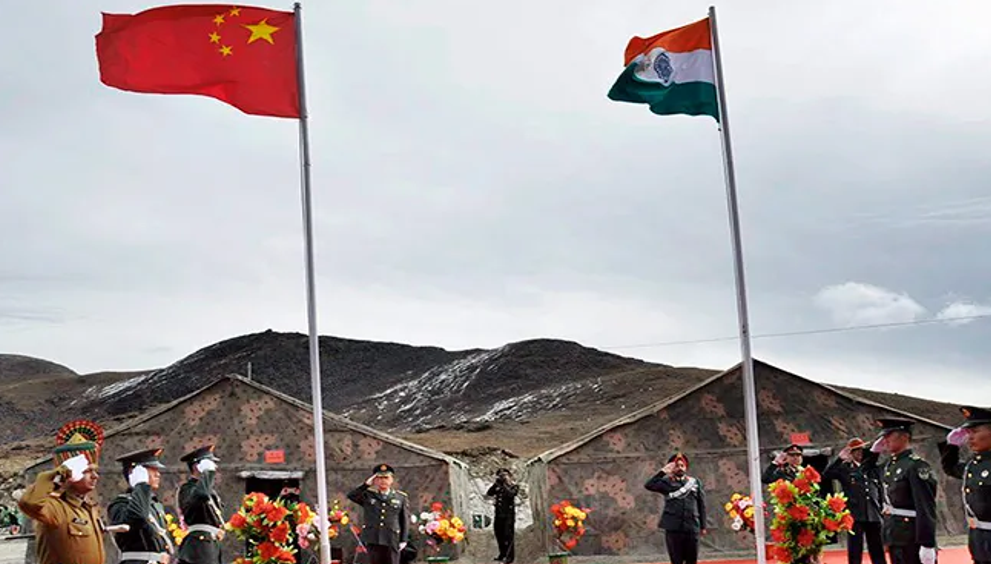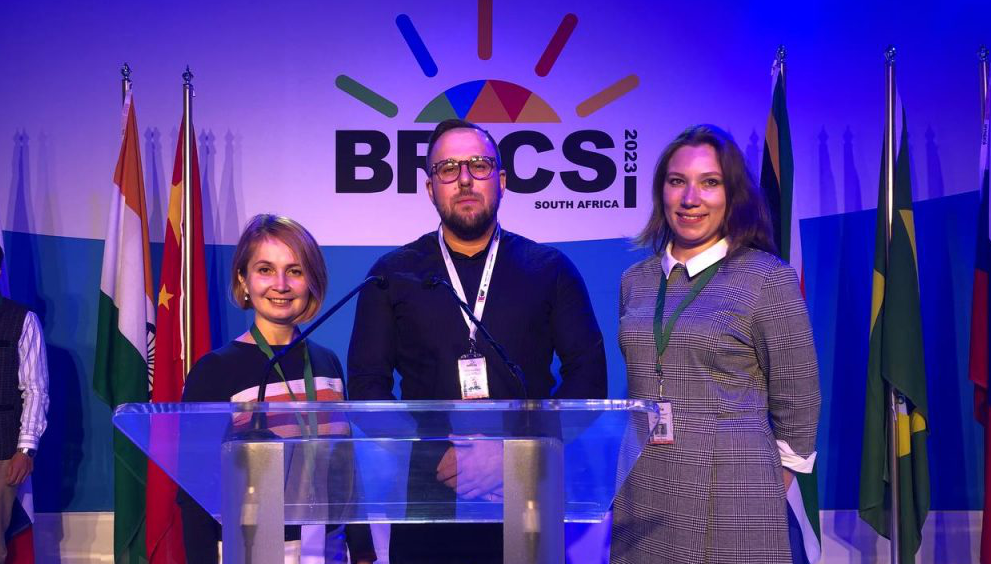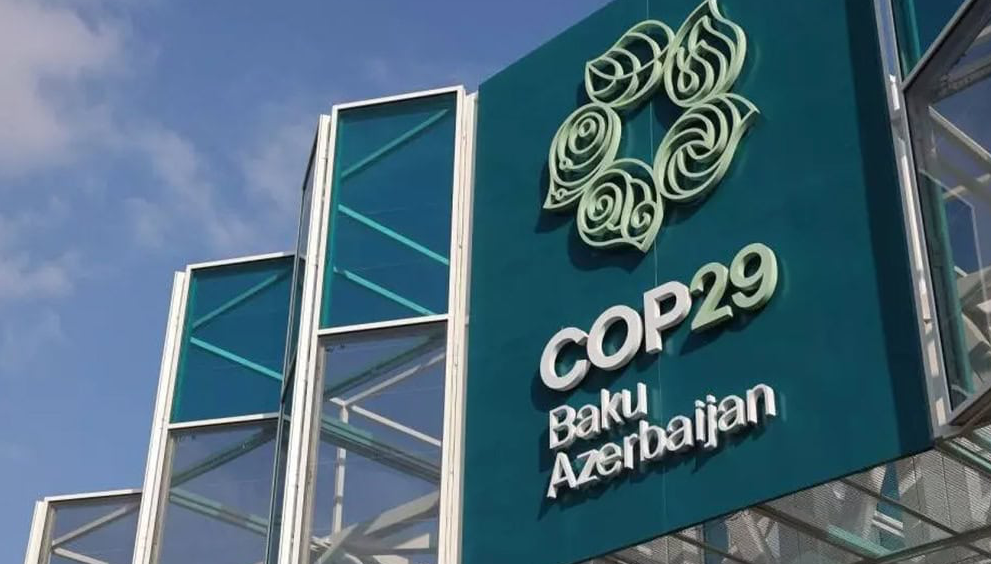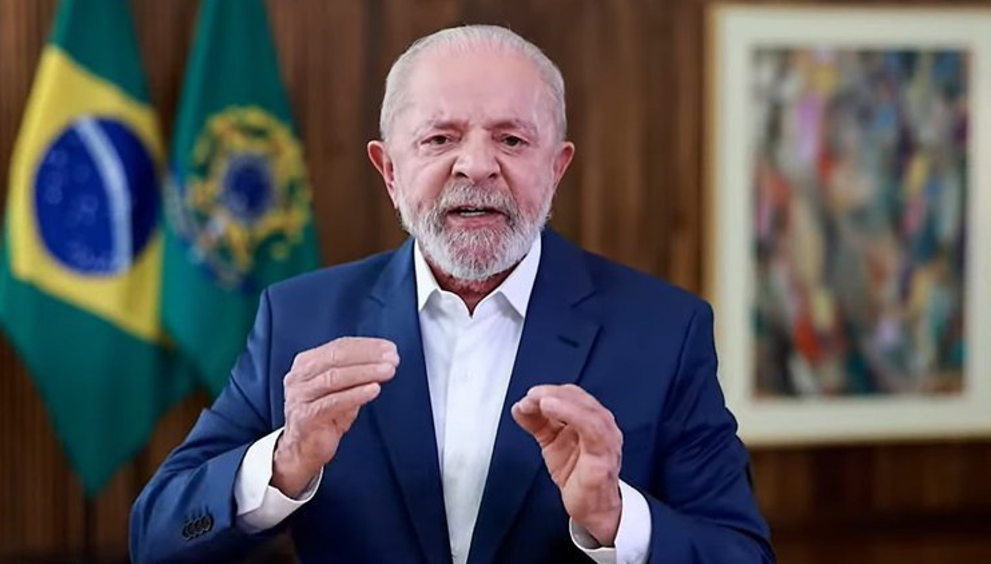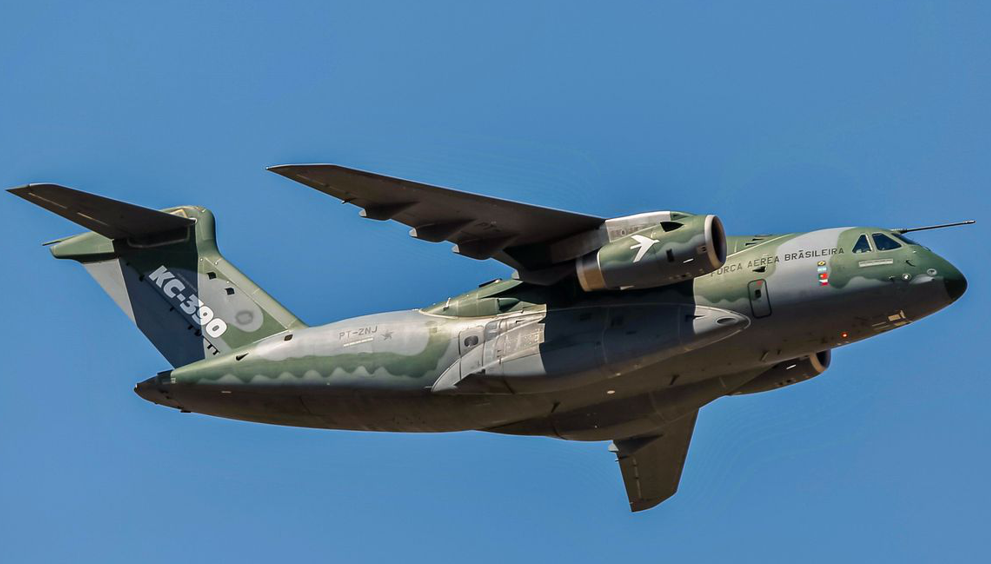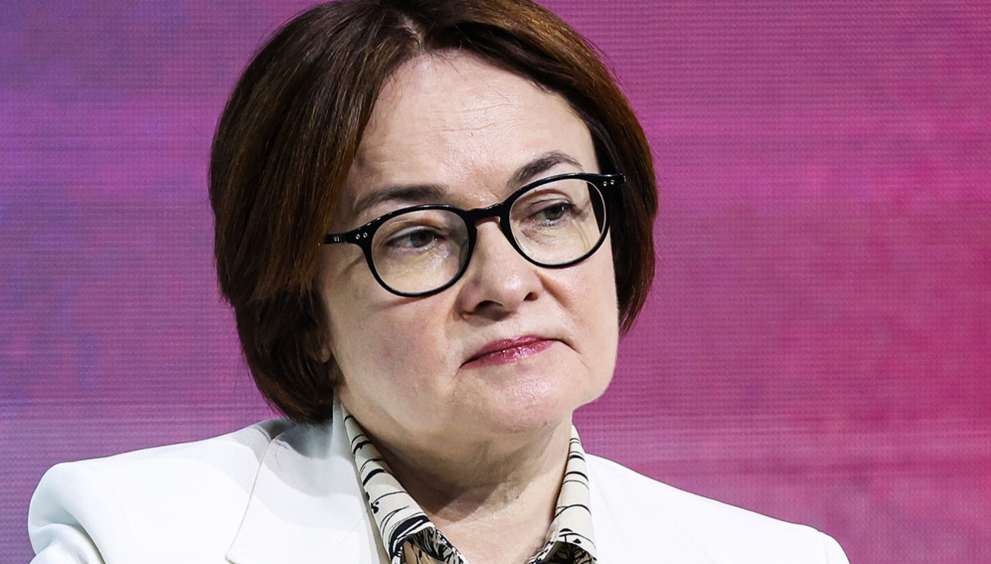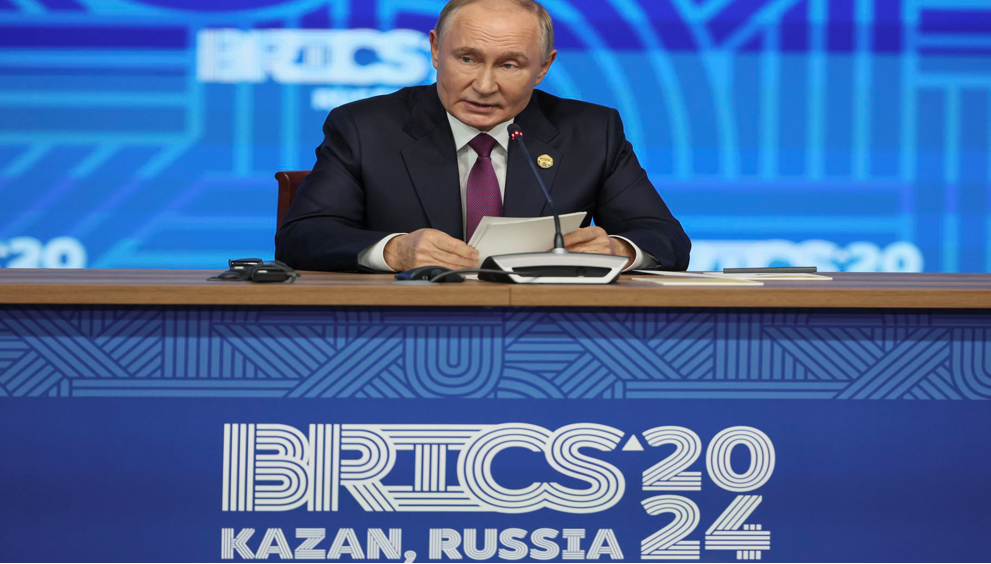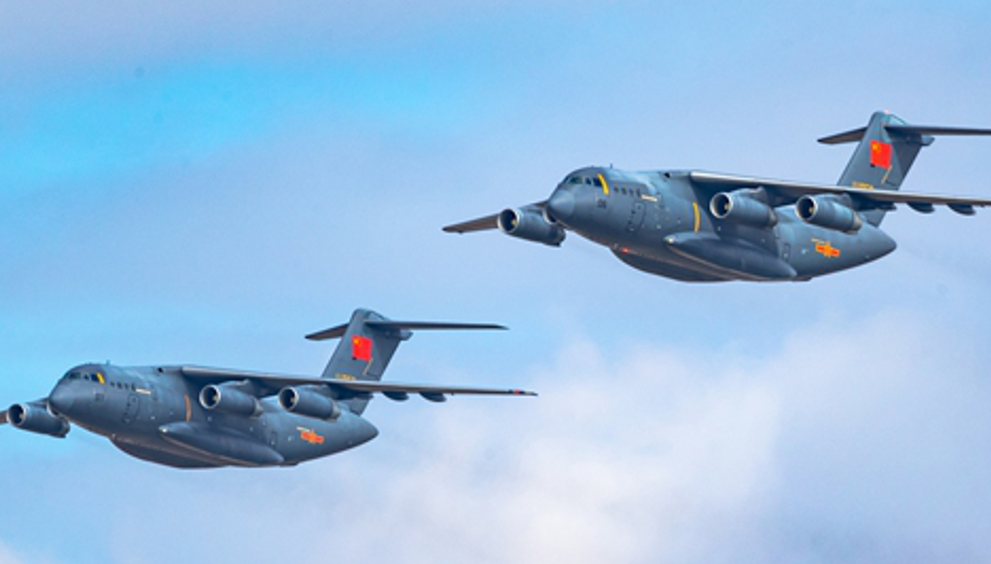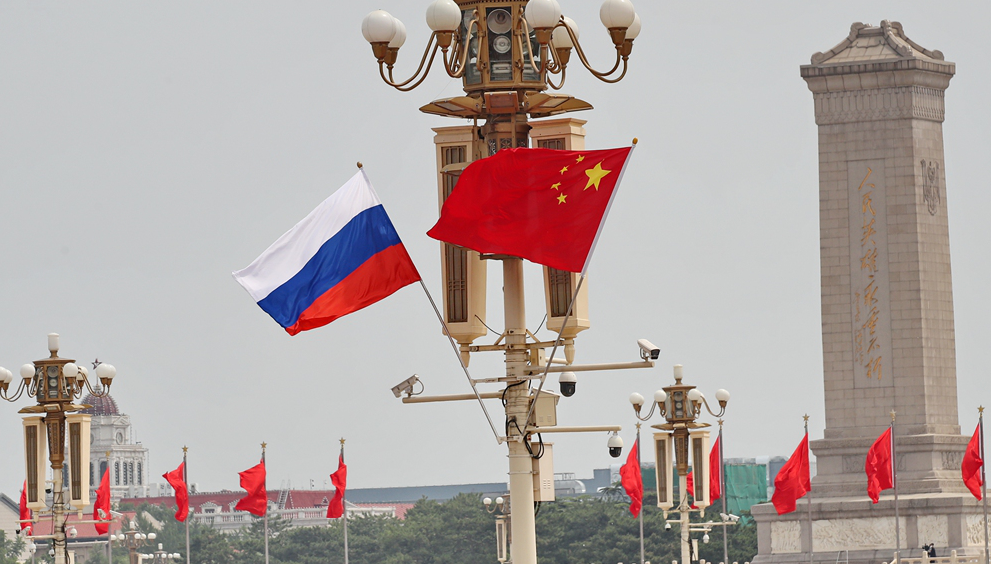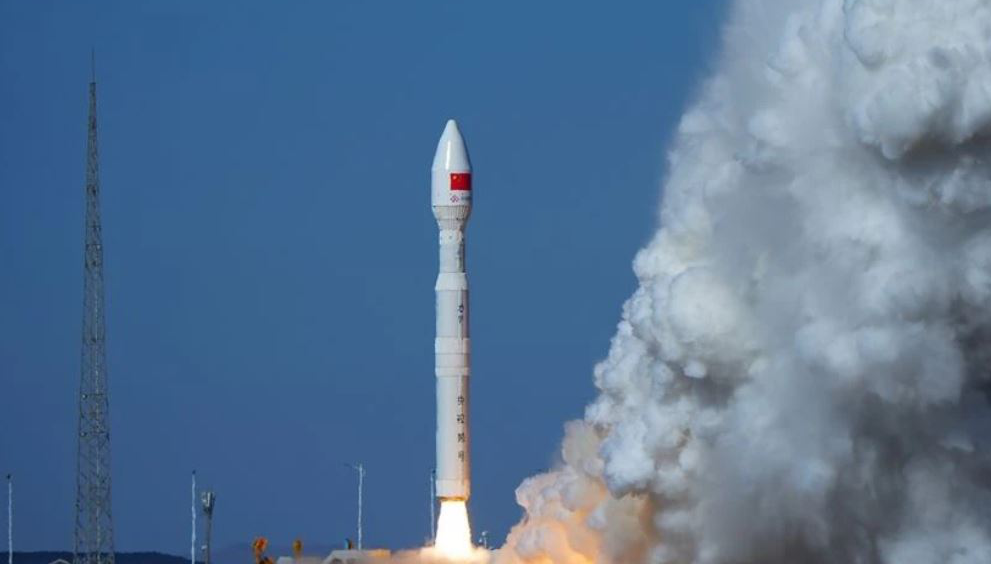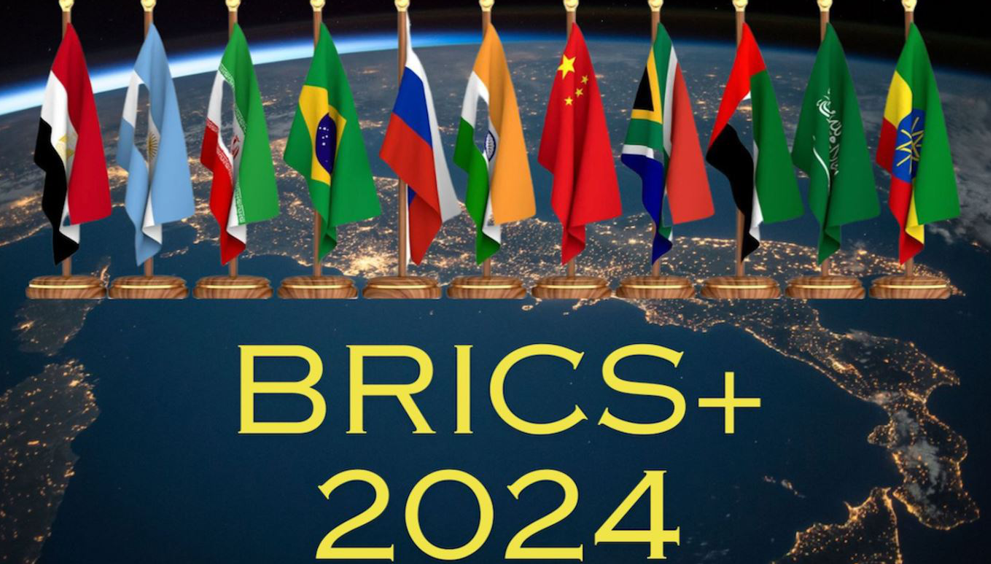BRICS’ Potential Cannot Be Ignored

The BRICS-Asean partnership contains immense potential that cannot be ignored, says Institute of Strategic Analysis and Policy Research (Insap) chairman Datuk Dr Pamela Yong.
With about 45% of the global population living in BRICS and Asean nations, Dr Yong said the partnership not only forms a huge market but also contributes to global growth and economic resilience.
“Besides, BRICS’ influence is growing, with it contributing to about 37% of global gross domestic product (GDP).
“With new members like Iran and the United Arab Emirates, BRICS would become a global commodity powerhouse that supplies nearly half of global oil production.
“Asean’s nominal GDP last year has also positioned it as the fifth largest economy in the world.
“With such influence, we can break through the traditional framework of Western dominance and reshape the global economic power,” she said in her address at the 15th Asian Conference 2024 of Valdai Discussion Club at a hotel here yesterday.
Themed Malaysia, Russia and Asean: Navigating Emerging Multipolarity, the two-day conference addresses topics reflecting the evolving dynamics of regional and global cooperation.
It is jointly organised by the Valdai Discussion Club, Bait Al-Amanah, Insap and Sasakawa Peace Foundation.
Dr Yong said though the BRICS-Asean partnership would face some challenges such as differing economic structure and geopolitical complexities, its opportunities outweigh these challenges.
“BRICS nations like Russia and Brazil have supported Asean’s rising energy needs as its population continues to grow.
“Meanwhile, Asean could benefit BRICS by granting it access to a market with a growing middle class and young workforce, bolstering its supply chain,” she said.
Also present at the conference were Bait Al-Amanah founding director Dr Abdul Razak Ahmad and Valdai Discussion Club Board of the Foundation for Development and Support chairman Dr Andrey Bystritskiy.
Abdul Razak emphasised that BRICS is not an alternative but a platform to expand the horizons of its member states and partners in terms of international relations.
He said BRICS is about fostering inclusive dialogues between different nations and geopolitical blocs to build new partnerships, while strengthening the existing ones.
“This is also in line with Malaysia’s pragmatism and non-alignment principles, where we refuse to choose sides between global superpowers.
“With Malaysia assuming the Asean chairmanship next year, we seek to become the key gateway between the East and West to foster a global community with mutual respect.
“We don’t want to replace the existing world order. We want to work with all countries,” he said in his welcoming address.
Meanwhile, Bystritskiy said it is important for Russia and South-East Asian countries to develop an intellectual relationship so that they can navigate and act properly on increasingly unpredictable world trends.
“This relationship is important to establish the principles and mechanisms of a new world where there is no hegemony.
“This conference helps us to understand how the Asean and South-East Asian regions are evolving in general, as well as how can they communicate with Russia. Stronger collaborations between the regions are needed to generate more opportunities,” he added.
Three panel sessions were held on the first day of the conference yesterday, where speakers from various backgrounds and countries discussed topics including South-East Asia’s relationship with BRICS, de-dollarisation and the Asean-Russia strategic partnership.
The Star
Source: www.thestar.com.my
- brics1


 English
English 